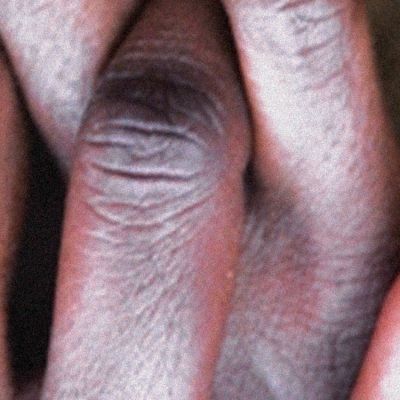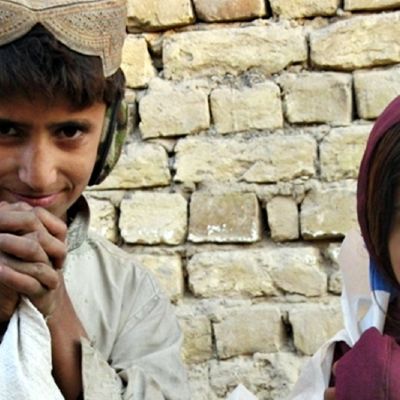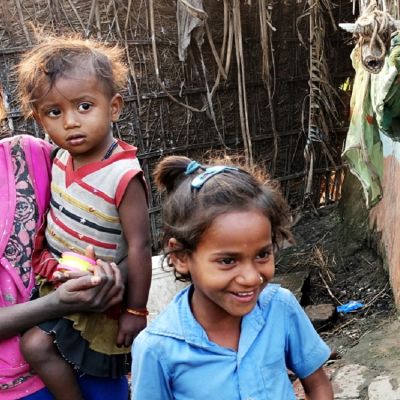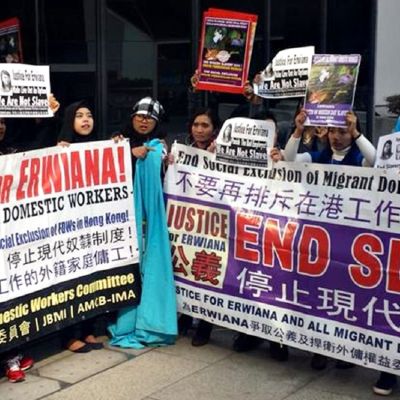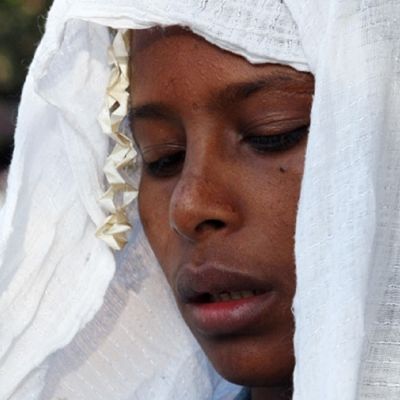Author: Tsun Wan Yan
It appears that Hong Kong has nothing to do with human trafficking, and our government did not sign the Protocol to Prevent, Suppress and Punish Trafficking In Persons. In fact, Hong Kong is a port and destination of sold human commodities, and it has been placed on the Tier 2 watch list (same ranking as Afghanistan, Cuba, and Tunisia) for two consecutive years in the Trafficking in Persons Report by the U.S. Department of State. The ranking describes a country that is experiencing a significant increase in human trafficking victims, and that no tangible measures were established by the authorities. The Hong Kong government denies it has a human trafficking problem, but the Erwiana abuse case in 2014 shocked the city and revealed the hidden side of modern slavery in Hong Kong.
In May 2016, a group of high school seniors and I followed the lead of the Harmony Baptist Church to learn more about the sad realities of human trafficking and modern slavery by hearing the stories of Alison (obscured), who was sold to work in the red-light district of Wan Chai, and a migrant maid, Sophia (obscured), who was exploited and enslaved.
Every Night Was a Nightmare
Alison spent her youths in the slums of the Philippines. She started working at the age of 17, and she thought she would live happily after she met her partner and became pregnant. Sadly, her boyfriend was charged for DUI and had to go to jail, and they were in desperate need of money. At that time, Alison’s long-exited mom suddenly called her and said she could refer her to work in Hong Kong. From the moment when Alison borrowed money from her relatives and arrived at Hong Kong through an agency, she had unknowingly started on a path of no-return.
Alison recalled that every night was a nightmare to her. She was forced to be a sex worker in a bar after she arrived at Hong Kong. She tried everything to resist but the agency had numerous ways to threaten her, such as telling her to first repay her debt, or that they would break the news of her line of work to all her friends and families if she did not cooperate. Additionally, her mother kept asking for money. She was hopeless and thought about suicide. She resolved to drugs and alcohol to numb her pain.
Fortunately, Alison met a generous person who found out about her situation and decided to help repay her debt, as well as helping to send her back home where she now lives. She now has a small business to sells snacks in front of her house, and her son was able to go to school with the help of other NGOs.
Without much knowledge and protection, many people from impoverished regions, like Alison, tend to be drawn to overseas jobs with great pay and not knowing most of them are traps. Success stories like Alison’s are very scarce; most of the victims lose their freedom and dignity after being sold.
I Became Hopeless
Sophia was promised a high-paid housemaid job with ample holidays in Hong Kong by an agency. It seemed to be the best thing for her as she wanted a steady job to improve her family’s living condition.
Her bubble bursts when she was informed of the HK$24,000 commission she has to pay the agency, a fortune compared to her monthly salary of HK$4,100. She could hardly send any money home after the monthly deduction.
Furthermore, she was stripped of her freedom by her employer who prevented her from talking to any guests in the house nor contacting her family and friends from home. She was not allowed to have meals that conform to her religion. The agency later persuaded her employer to switch to another maid in order to take advantage of the denunciation penalty fees, which threaten her job security.
Cases like these are only the tip of the iceberg. Chances are that we may have come across many other “Alison” and “Sophia” every day. A student shared her thoughts after the meeting, “I felt ashamed. My family hired a maid who took care of me for over 10 years. I felt that Sophia’s sharing was speaking to me. I should care more about my maid and listen to her story as a human being, even as a family member, instead of a working machine.” Let’s pray that we could learn from the experience and start taking little steps. We could be the next generous person who gives hope to many other “Alison” and “Sophia” who are still living in darkness.
Content of this issue
Author: Jojo Poon Martha (obscured) spent her early years with her mother who worked as a sex worker in the red-light district of Mumbai, India. “At the age of 16, my mother met a guy when she was in Nepal. He said he could refer her to work at better places in the cities, and she ended up being sold to work at the red-light district in Mumbai.” With the help of a generous woman from her hometown, Martha was spared from having to suffer the same fate as her mother’s. “Every one of us could fall prey to human traffickers with a tiny change of situation,” as expressed time and again by the frontline workers serving sex…
Author: Roger Seth The Bible was written thousands of years ago but it has much to say about what we might see as a modern problem: human trafficking. We will look specifically at the story of Joseph in the book of Genesis, chapters 37–50. Make sure you are familiar with the story before reading this reflection or discussing it with a group. Sold by relatives Like so many victims of trafficking today, Joseph was sold by his own family. The fact that the Midianite caravan was ready to buy a slave to sell in Egypt (Genesis 37:26–28) tells us that the trade in people was already happening in the region at that time. Today, we are told, trafficking happens…
Barla (obscured), 12, was a student in Pastor Thomas’ tutorial class. She missed classes a few times, and Pastor Thomas started searching for her to no avail. He feared for the worst that she might be caught by traffickers, so he filed a case at the police station. The investigators soon found out that Barla’s parents had sold her to a pimp at the price of less than HK$16. This is the story of one of the trafficked children told by CEDAR’s partner, EFIC@R, located in northern India where human trafficking is prevalent. EFIC@R started serving in the Jharkhand State, Orissa State, and West Bengal in 2012, establishing support networks with local churches to protect vulnerable children and…
Author: Tsun Wan Yan It appears that Hong Kong has nothing to do with human trafficking, and our government did not sign the Protocol to Prevent, Suppress and Punish Trafficking In Persons. In fact, Hong Kong is a port and destination of sold human commodities, and it has been placed on the Tier 2 watch list (same ranking as Afghanistan, Cuba, and Tunisia) for two consecutive years in the Trafficking in Persons Report by the U.S. Department of State. The ranking describes a country that is experiencing a significant increase in human trafficking victims, and that no tangible measures were established by the authorities. The Hong Kong government denies it has a human trafficking problem, but the Erwiana abuse case in…
Author: Jojo Poon When we said we should respond to the grand problem of human trafficking, we often think of serving the victimised. However, the experience of frontline workers reminds us that the traffickers, though evil, also possess God’s image and are as deprived of care and love as the victims. In March, Harmony Baptist Church, a long-time force in serving minorities and human trafficking victims in Hong Kong, hosted a seminar featuring Kevin Pettit, a counseling tutor, who shared about ways to walk alongside those who are struggling with sins and those who have been hurt deeply by others’ sins. Walking with “Sinners” To serve those who are struggling with sins, we need to first understand how…



